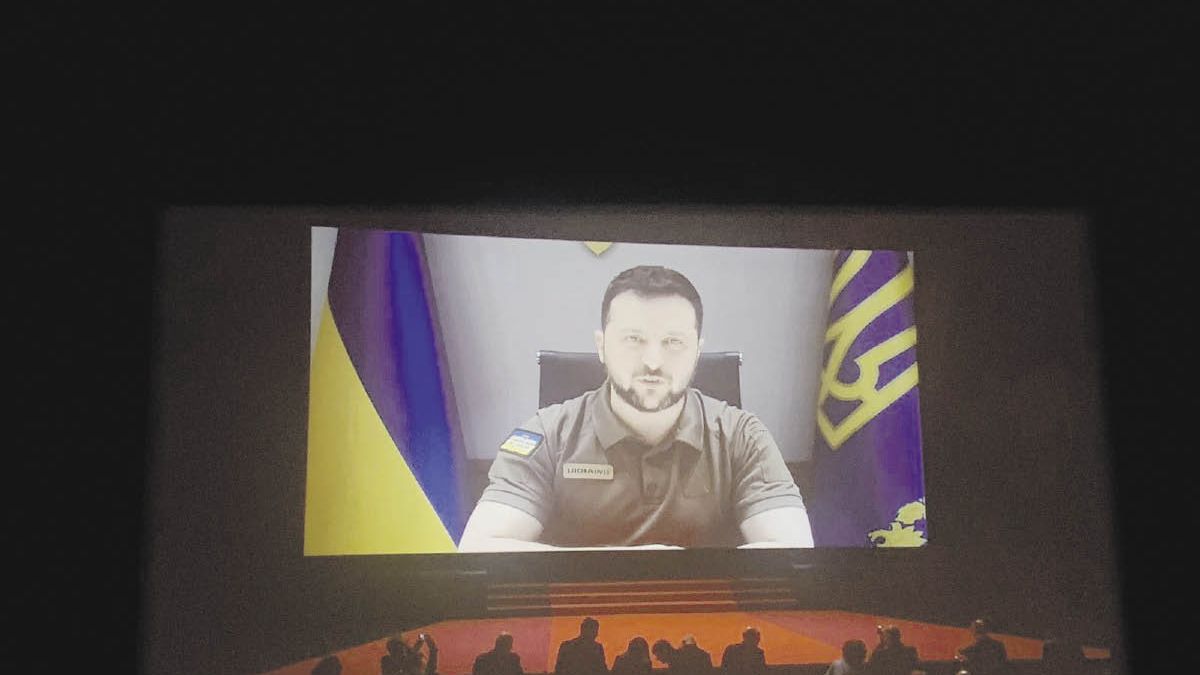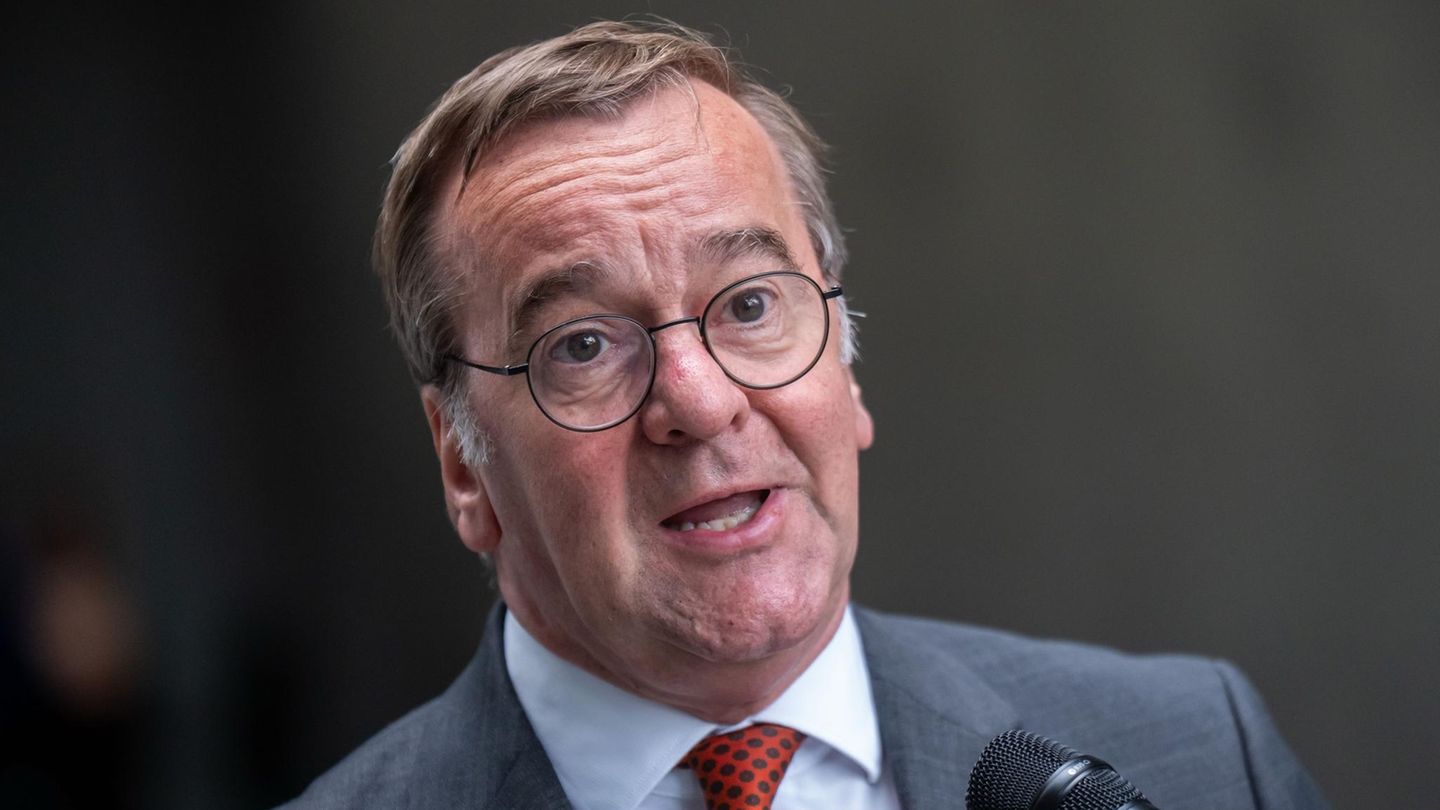The Official Selection has four directors, out of a total of twenty-two, who have already won the Palme d’Or. Only one of them, “Coupez!” (in English “Final Cut”), by Michel Hazanavicius (“The Artist”) is presented out of competition. But both Hirokazu Kore-eda (Palma 2018), Ruben Östlund (2017) and the Dardenne brothers (double in 1995 and 2005) are a priori candidates to repeat the feat.
Among those who never won the Palma are shining names like David Cronenberg, whose new opus “Crimes of the Future” will surely be in the news (it is worth remembering “Crash”, a previous film, which gave a lot to talk about). Another director who will surely get a lot of press, albeit for different reasons, is Jerzy Skolimowski who, in his eighties, returns to Cannes. And he does it with a mysterious title, “EO”, but which is already known to be a remake of Robert Bresson’s “Arandom, Balthazar”.
In contrast to the Official Selection, Un Certain Regard, something like a second complementary selection to the official one, offers over twenty films, eight debut films and no renowned directors. Choosing which one to watch will be a real challenge, although there are bound to be surprises. The Directors’ Fortnight is generally the unofficial competition with the largest number of titles, twenty-four, with a few names of well-known directors and half a dozen debut films. Finally, Critics’ Week is the one that presents the fewest films, with only seven out of a total of eleven in competition (nine first films). It should be noted that within the scarce Latin American presence (Argentina totally absent) in the Week appears “La pack” by the newcomer from Colombia, Andrés Ramirez Pulido.
Closing the list, of the numerous official films out of competition, it is worth mentioning some such as “Top Gun: Maverick”, “Elvis”, “Jerry Lewis: Trouble in Mind” (by Ethan Coen), “My Imaginary Country” (by Chilean Patricio Guzmán) and “Esterno Notte” (by Marco Bellocchio), a five-hour series.
With regard to the Festival itself, it is worth mentioning some little-appreciated novelties, such as the absence of computers in the Press Room, the non-delivery of material on the films (pressbooks, brochures with credits and synopses, the same as occurs with the programs handheld in the theaters of Buenos Aires) and finally a greater temporal spacing between performances, all of this attributable to health protocols.
The press conference was interesting, with the presence of the Jury in its entirety. Its president, Vincent Lindon, highlighted “the enormous responsibility” that his leadership means, indicating that in the selection of films this year the desire to include the most diverse world cinematographies is perceived. The inclusion of four female figures, out of a total of eight, of the caliber of Rebecca Hall, Jasmine Trinca, Noomi Rapace and the Indian Deepka Raduconte, define a composition with gender parity. Several received individual questions. although the discordant note was given by the Iranian director Asfghar Farhadi who, when asked about the trial for plagiarism for the script of his latest feature film “A Hero” (awarded at Cannes), monopolized the microphone and extended excessively in his answer, which prevented the formulation of questions to other jurors.
Source: Ambito
David William is a talented author who has made a name for himself in the world of writing. He is a professional author who writes on a wide range of topics, from general interest to opinion news. David is currently working as a writer at 24 hours worlds where he brings his unique perspective and in-depth research to his articles, making them both informative and engaging.




